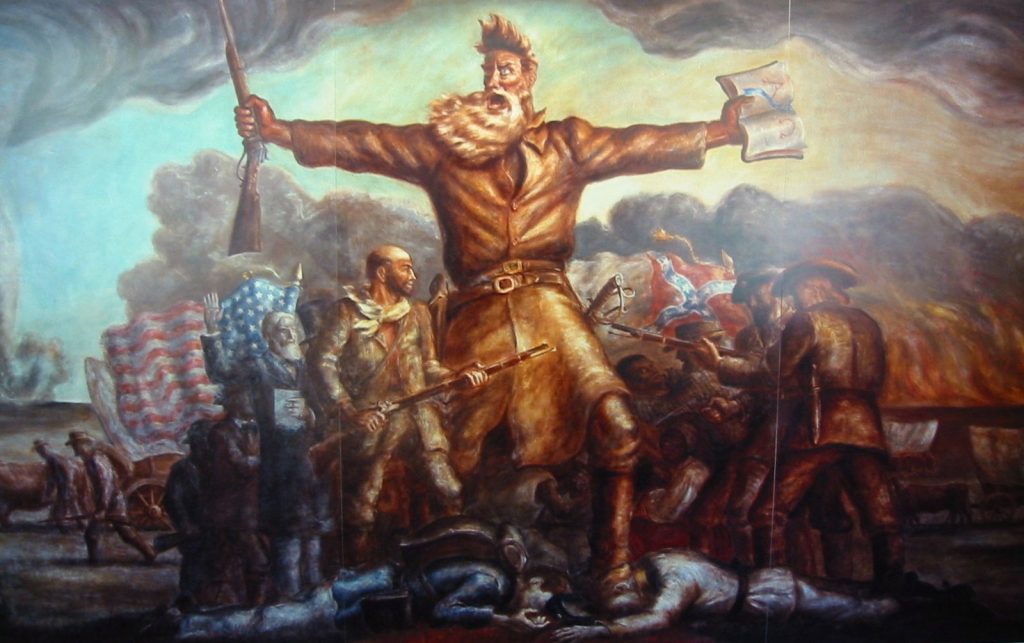For everything there is a season, and a time for every matter under heaven:
a time to be born, and a time to die;
a time to plant, and a time to pluck up what is planted;
a time to kill, and a time to heal;
a time to break down, and a time to build up;
a time to weep, and a time to laugh;
a time to mourn, and a time to dance;
a time to cast away stones, and a time to gather stones together;
a time to embrace, and a time to refrain from embracing;
a time to seek, and a time to lose;
a time to keep, and a time to cast away;
a time to tear, and a time to sew;
a time to keep silence, and a time to speak;
a time to love, and a time to hate;
a time for war, and a time for peace. — Ecclesiastes 3:1-8 ESV
We live in times that change. Times of worship give us time to sing and time to be silent; time to pray and time to listen. And at communion, it is time that we eat as a family.
Our Lord had these different times in His life too. He wept, He laughed. He broke down the Pharisees; He built up the disciples. He loved the downtrodden, He hated their oppressors. He left us in a time of peace, and He will return in a time of war. But in contrast, the blood we see in the cup is a constant. English doesn’t have a good way of communicating eternal things, but Jesus was/is/will be our High Priest, forever having offered/offering/will offer His Blood as a sacrifice for our sins. That has gone on/is going on now/will go on.










5